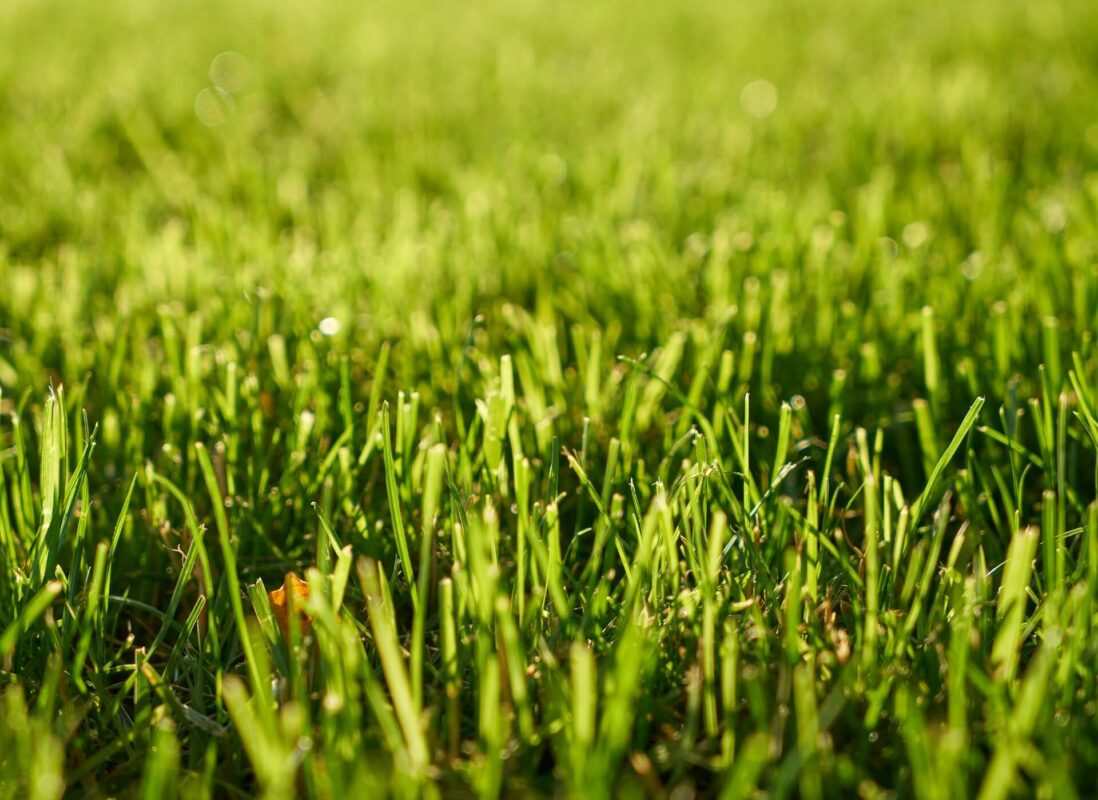Pros and Cons of Different Lawn Mowing Techniques

(This week’s blog post was written by Chris Gaffney)
Lawn maintenance is one of a landowner’s biggest responsibilities. We take pride in our lawn’s appearance and want the best techniques to keep our property well-maintained. With today’s technology, there are more lawn mowing options than ever before. This article examines the importance of regular lawn mowing, as well as the pros and cons of the most popular techniques.
Importance of Regular Mowing
It is important to mow your lawn regularly and never let it “go to seed”. “Going to seed” is the term used to describe fully grown lawns that produce grass seeds, which later fall to the ground. This practice is unwise for several reasons including the explosive growth of weeds in your lawn, and the depletion of important soil nutrients from hosting larger growth.
The final reason to avoid “going to seed” involves complications from the use of hybrid grass strains. Many grass strains are carefully made up of multiple grass seed types, which produce offspring that revert back to their wild origins, no longer carrying the qualities of the parent grass strain. This can cause chaos to the uniformity of your lawn’s appearance.
Having decided to regularly maintain your lawn, which mowing technique is it best to employ?
Rotary Blade Mowers
These traditional lawn mowers have rotating blades similar to a helicopter’s. The benefits include ease of use and a uniform grass height, but the drawbacks include chopped, shredded or torn grass blade tips, the expense of fuel, adverse environmental impact from the engine and the creation of bulky bags of grass clippings which must later be disposed of properly.
Mulching-type Mowers
Specialized mulching mowers are designed to finely chop grass clippings and return them to the soil at an almost unnoticeable size. The benefits of mulching mowers are that they return nitrous-rich fertile elements to the soil, eliminate bulky bags of grass clippings common with traditional mowers, and cut down on fertilization costs. Disadvantages include their expensive purchase price, fuel and maintenance costs, as well as the production of noise and pollution.
Electric Mowers
Electric mowers are similar to gas-powered rotary blade motors, but produce less noise and have less power. Available with cord or battery power, these machines are best used on small lawns that are regularly maintained. Because they produce less power than gas mowers, it can be difficult to cut overgrown lawns with an electric mower.
Reel Mowers
Reel mowers provide a clean, crisp cut by picking up each blade and snipping the top, like a barber giving a hair cut. They also have no negative environmental impact and drop grass clippings back into the yard to act as natural fertilizer, returning nitrogen to the soil. Drawbacks include the amount of time necessary to mow an entire lawn, the need to keep a consistent, brisk pace with your manual power, and the inability to tackle overly long grass without clogging the blades.
Grazing Animals
Unorthodox for the typical residence, grazing animals such as sheep are a viable option for many rural landowners. Pros include the lack of maintenance, physical labor or fuel costs, while cons include no control over the mowing process, patchy lawns and large amounts of animal waste.
The right lawn mowing solution for you will depend on several factors including your amount of free time, lawn size, financial means and overall lifestyle preferences. No matter which technique you choose, regular commitment and hard work is the key to having a healthy, nice-looking lawn.

